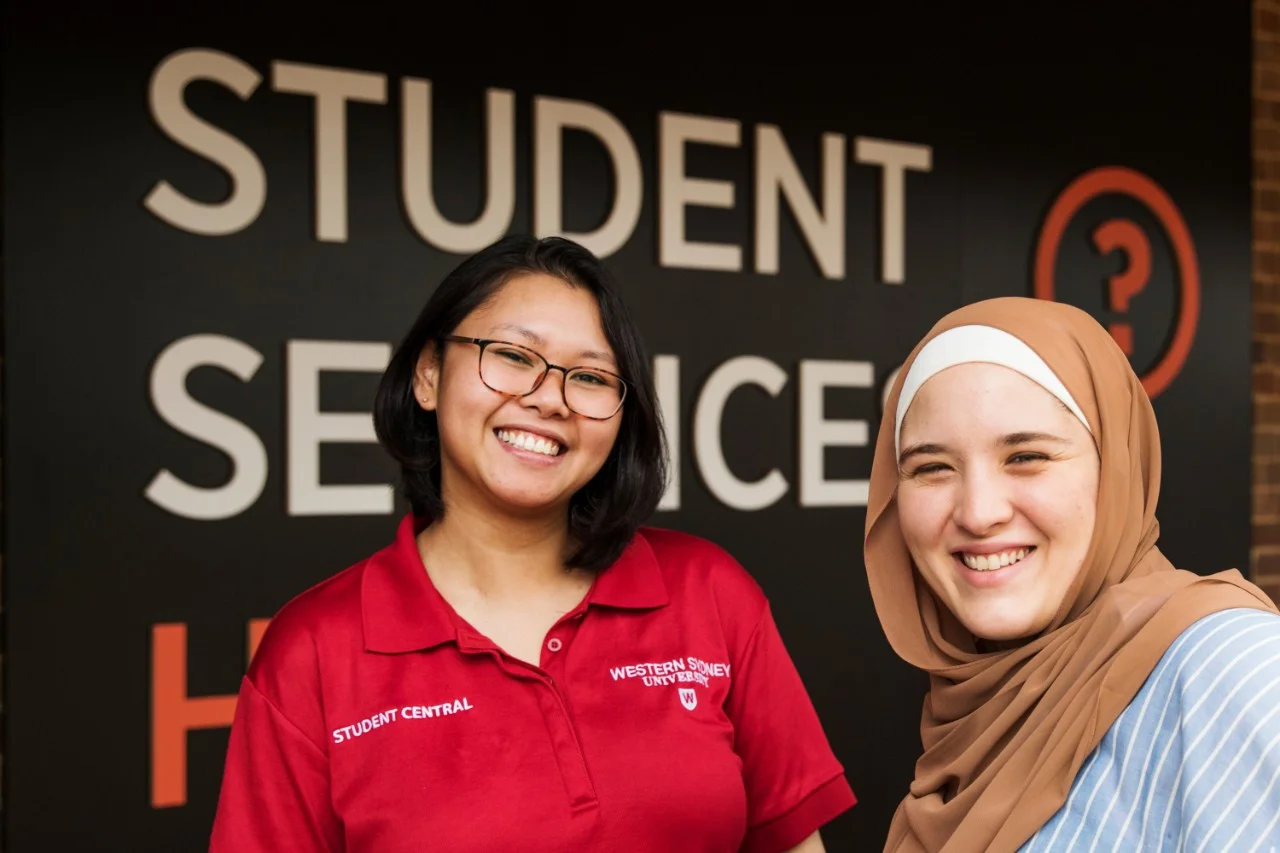Work/Life Balance
With respect for Aboriginal cultural protocol and out of recognition that its campuses occupy their traditional lands, Western Sydney University acknowledges the Darug, Dharawal, Gadigal, Gundungurra and Wiradjuri peoples and thanks them for their support of its work in their lands (Greater Western Sydney and beyond).





